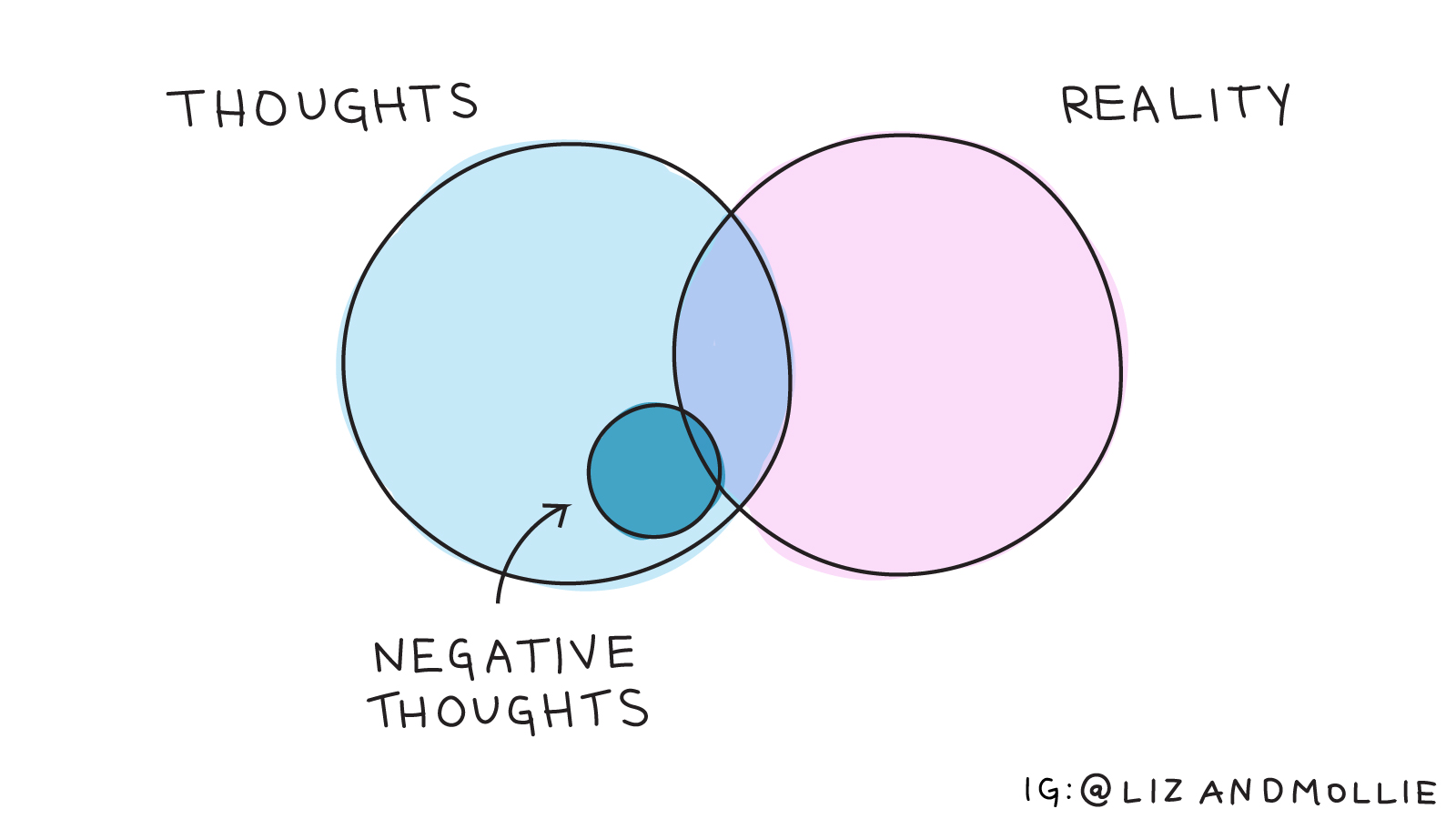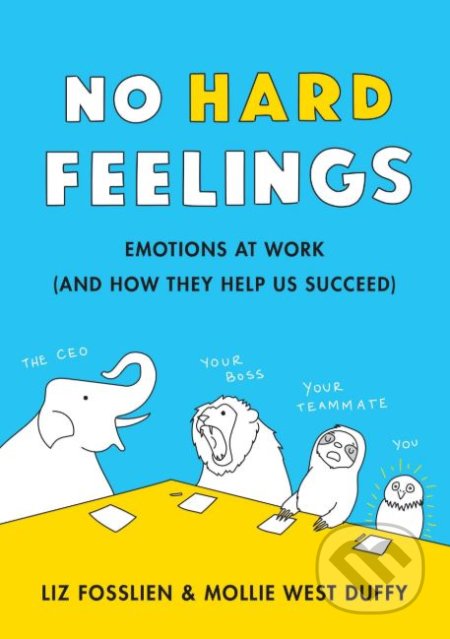
How we interpret those words makes a big difference. The words people say are not always what they mean. We frequently react to one another based on assumptions and biases without fully understanding the other person’s perspective. Those are the types of emotions that can often derail productive communication. Being able to talk about our emotions without getting emotional is important.

Anxiety, frustration, and anger are all real emotions we experience at work.

If you feel the same way a few days later, that’s a good indication it’s a relevant emotion.

How do you feel about living in that new city? Are you excited or is there a sense of dread when you consider leaving your friends and starting over? The emotion you experience is a signal about what would be the best decision. Relevant emotions arise when you imagine what would happen if you picked one option over another. Do you have a positive or negative feeling? For example, if you consider taking a new job that requires relocating.

I received two more books from The Next Big Idea Club and want to share a couple of my favorite takeaways from No Hard Feelings – the secret power of embracing emotions at work, by Liz Fosslien & Mollie West Duffy.


 0 kommentar(er)
0 kommentar(er)
